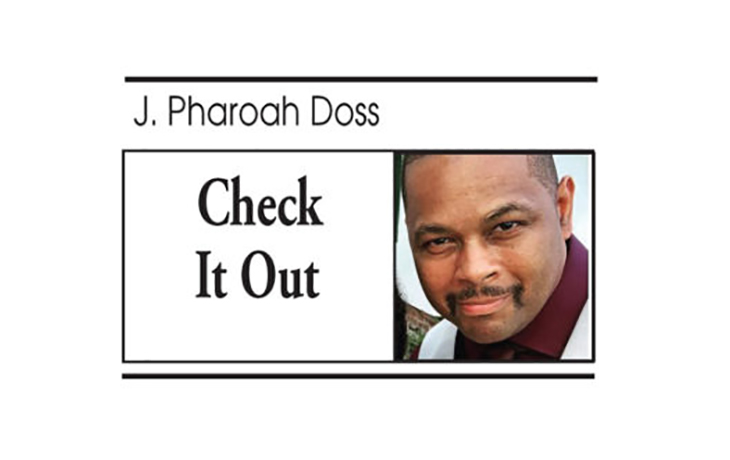by J. Pharoah Doss, For New Pittsburgh Courier
Last month was the 60th anniversary of the Cuban missile crisis. This nuclear stand-off occurred 17 years after the United States ushered in the nuclear age by dropping atomic bombs on Japan to end World War II. John F. Kennedy was 28 at the time, and Fidel Castro was 19. Neither man knew they were headed for a Cold War collision.
Castro came to power first.
He led a revolutionary group that overthrew the U.S. backed Batista regime in 1959. US President Dwight D. Eisenhower’s final policy directive was to remove Castro from power in Cuba.
Kennedy was elected President of the United States in 1960.
The next year, Kennedy invaded Cuba to remove Castro, but Castro was forewarned by Soviet intelligence. Kennedy’s “Bay of Pigs” invasion didn’t just fail, it was an international embarrassment. It gave the impression the new American president was inept.
Later that year, Castro announced to the world that Cuba was a communist nation.
In 1962 the Soviet Union decided to protect its communist ally from future US invasion and establish its military might in the western hemisphere by placing nuclear weapons in Cuba.
US intelligence discovered the Soviet Union placed nuclear weapons ninety-miles from the American shore. Naturally, the US felt threatened, declared it an act of aggression, and demanded that the Soviet Union remove the weapons.
The doomsday scenario was if the Soviets refused, then the US would be forced to destroy the weapons in a surgical airstrike then re-invade Cuba to remove Castro. This course of action would have led to war between the superpowers.
It took thirteen grueling days for the Kennedy Administration to prevent a nuclear war.
The US agreed not to invade Cuba unless provoked and to remove their nuclear weapons from Italy and Turkey in exchange for the Soviet Union taking their nuclear weapons out of Cuba.
Anti-communists in the United States accused Kennedy of abandoning our allies and backing down to Soviet aggression. Kennedy responded to his critics in a famous speech about world peace, delivered at the American University.
Kennedy asked the audience: What kind of peace do we seek?
Then he told them, “Not a Pax Americana enforced on the world by American weapons of war … Instead, a more practical peace, more attainable peace, based not on a sudden revolution in human nature but on a gradual evolution in human institutions, on a series of concrete actions and effective agreements which are in the interest of all concerned. There is no single, simple key to this peace, no grand or magic formula to be adopted by one or two powers. Genuine peace must be the product of many nations, the sum of many acts. It must be dynamic, not static, changing to meet the challenge of each new generation. For peace is a process in a way of solving problems.”
Generations later, in 2022, the dynamics of the Cuban Missile Crisis reversed.
Ukraine has been a buffer between Russia and NATO ever since the Soviet Union collapsed in 1991. When NATO offered Ukraine membership, Russia viewed their invitation as an attempt to form that Pax Americana, which President Kennedy did not endorse. Russia eventually invaded Ukraine to maintain its buffer. Russia also threatened to use nuclear weapons if NATO interfered with their annexation of Ukrainian territories.
Russian Foreign Minister, Sergei Lavrov, compared the present situation to the Cuban Missile Crisis because Russia is threatened by Western weapons in Ukraine.
However, the US and NATO believe Russia’s security concerns are historical paranoia that do not justify their invasion. Here, the US forgot the most important lesson of the Cuban Missile Crisis, which was to “empathize with your enemy”. The enemy is not an irrational actor. The enemy has legitimate reasons for their concern.
Kennedy wrote in Profiles in Courage, “What happens to the country, to the world, depends on what we do with what others have left us.”
The US has inherited the lessons from the Cuban Missile Crisis. Not to heed them can only be described as profiles in ignorance.



